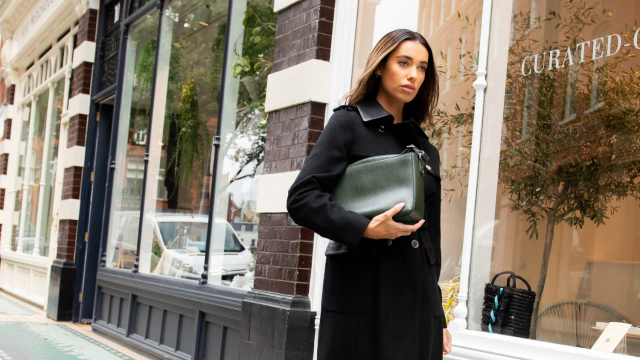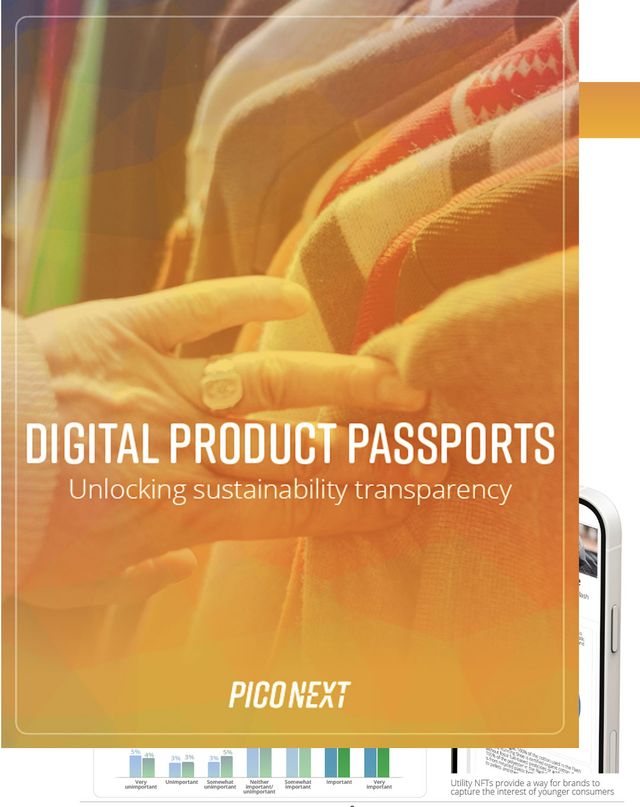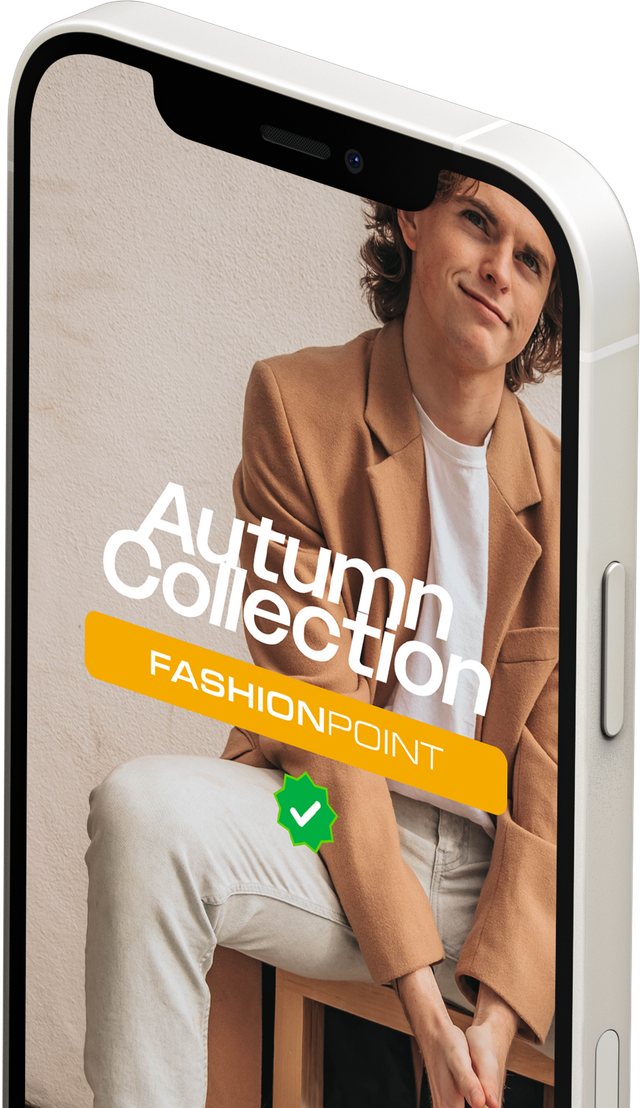Giovanna Sessi-Knott, founder of The Morphbag by GSK, has had a varied career – working in international finance before retraining as a designer and establishing her interior design studio GSK Bespoke Designs, Ltd. As she transitioned from being an entrepreneur to working mother, she realised that her fashion accessories weren’t keeping pace with her busy, multi-tasking lifestyle.
She needed an everyday bag that would adapt to her daily activities: from business meetings to the playground – and from school runs to date night. Her ideal bag needed to be large enough to carry her laptop and children's supplies, but also hands-free so she could chase after her toddlers. At the same time, it had to be stylish, coordinate with her wardrobe, and be functional for any activity during a busy schedule.
Versatile handbags for on-the-go women
To meet this need, Sessi-Knott decided to design and launch The Morphbag by GSK. A versatile three-piece colour-coordinated set – including a reversible tote, a cross-body handbag and an evening bag/wallet – The Morphbag helps women easily transition through the many different activities of their lives. Crafted in dual reversible colours and based on colour-type colour analysis, the bags are tailored to be a staple item in any woman’s capsule wardrobe. And further, Sessi-Knott’s designs have earned international recognition with multiple awards for their sustainable impact.
“Rushing from business meetings, to running errands, to the playground with kids – it’s no wonder that women today are looking for fashion accessories that will meet the demands of their busy lives,” says Sessi-Knott. “And nobody wants to look cluttered either, which is why style and practicality are key to our handbags.”
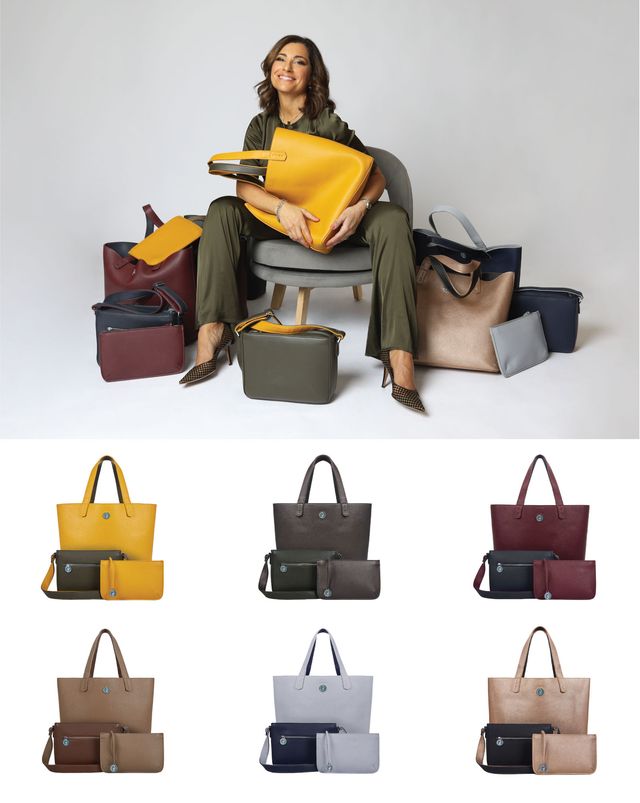
Addressing climate change and sustainable production
Sessi-Knott didn’t want the brand promise of her handbags to stop at styling versatility and practicality, however. Concerned about climate change and sustainable production, Sessi-Knott designed the bags using vegan, recycled polyurethane leather, in order to reduce the demand for animal leather and the resulting deforestation due to cattle farming. Further, using this non-biodegradable material gives the product a second life. The finished bag retains the same pebble grain as hide leather, without compromising on look and quality, thus giving a like-for-like replacement to hide leather, its unethical counterpart.

Rushing from business meetings, to running errands, to the playground with kids – it’s no wonder that women today are looking for fashion accessories that will meet the demands of their busy lives.
And nobody wants to look cluttered either, which is why style and practicality are key to our handbags.
Giving back through social impact
The Morphbag is also engaged in a variety of other sustainability-focused actions that align with the company’s – and customers’ – values. The company plants three trees in the Amazon rainforest in collaboration with One Tree Planted for every handbag sold.
In addition, the brand uses an internationally recognised auditor to ensure its manufacturing partner employs fair labour practices. And the company uses recycled packaging and green shipping options to deliver products to customers.
Compliance with emerging E.U. Digital Product Passport regulations
Because The Morphbag is on the vanguard of fashion and sustainability practices, when Sessi-Knott heard about emerging Digital Product Passport legislation for companies that distribute products within European Union countries, she wanted to be at the forefront of how sustainability information is communicated to her customers.
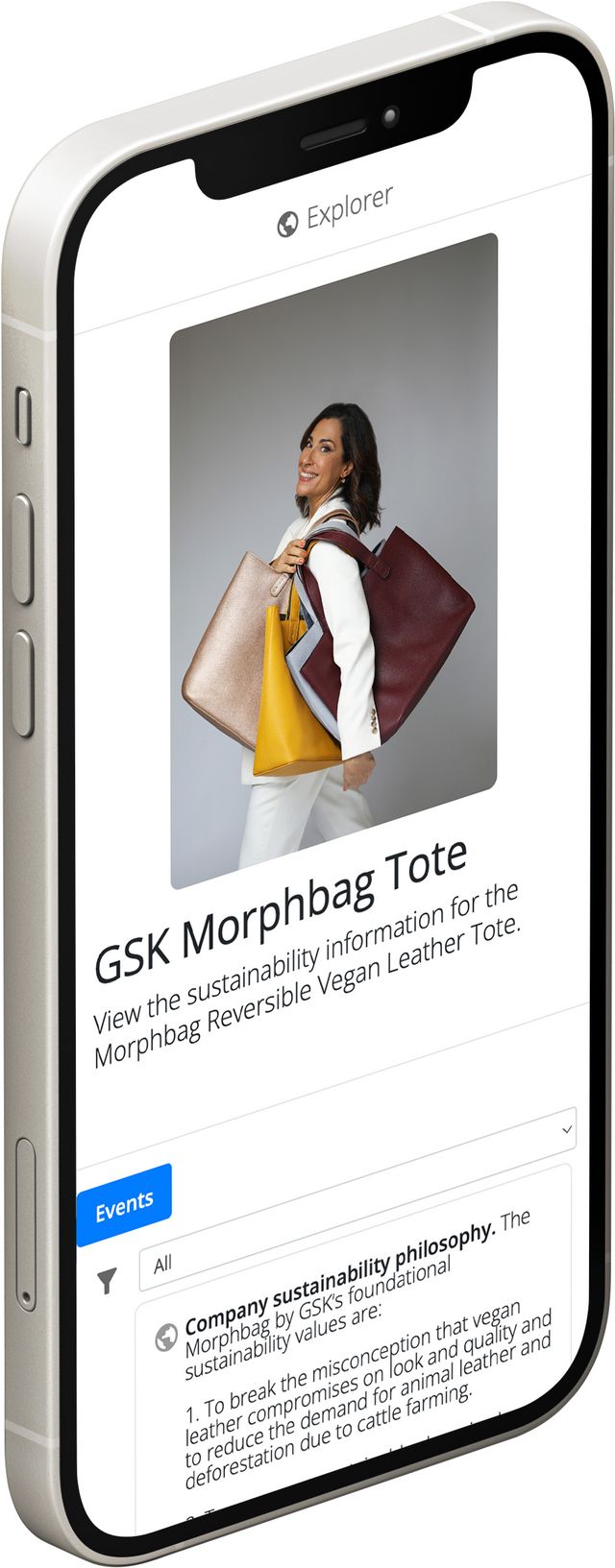
“After attending a legal seminar about the new E.U. Digital Product Passport rules, I knew we wanted to get ahead of these emerging regulations,” says Sessi-Knott. “In addition, the DPP would help us collect our environmental info in one place and communicate our sustainability philosophy directly to our customers.”

After attending a legal seminar about the new E.U. Digital Product Passport rules, I knew we wanted to get ahead of these emerging regulations.
In addition, the DPP would help us collect our environmental info in one place and communicate our sustainability philosophy directly to our customers.
Next-level product sustainability details with a DPP
Using PicoNext, The Morphbag created a Digital Product Passport (DPP) that highlights next-level details about its raw materials sourcing, manufacturing process, packaging, delivery methods, and social impact programmes. Customers can view information that substantiates the company’s environmental claims, and gain additional transparency into the brand’s actions.
For example, The Morphbag includes links to audits and certifications it has achieved – including approval to use the Vegan Society Trademark; certification by PETA as an approved vegan product; and audit results of its manufacturing partner by SGS–Société Générale de Surveillance, a leading testing, inspection and certification company.
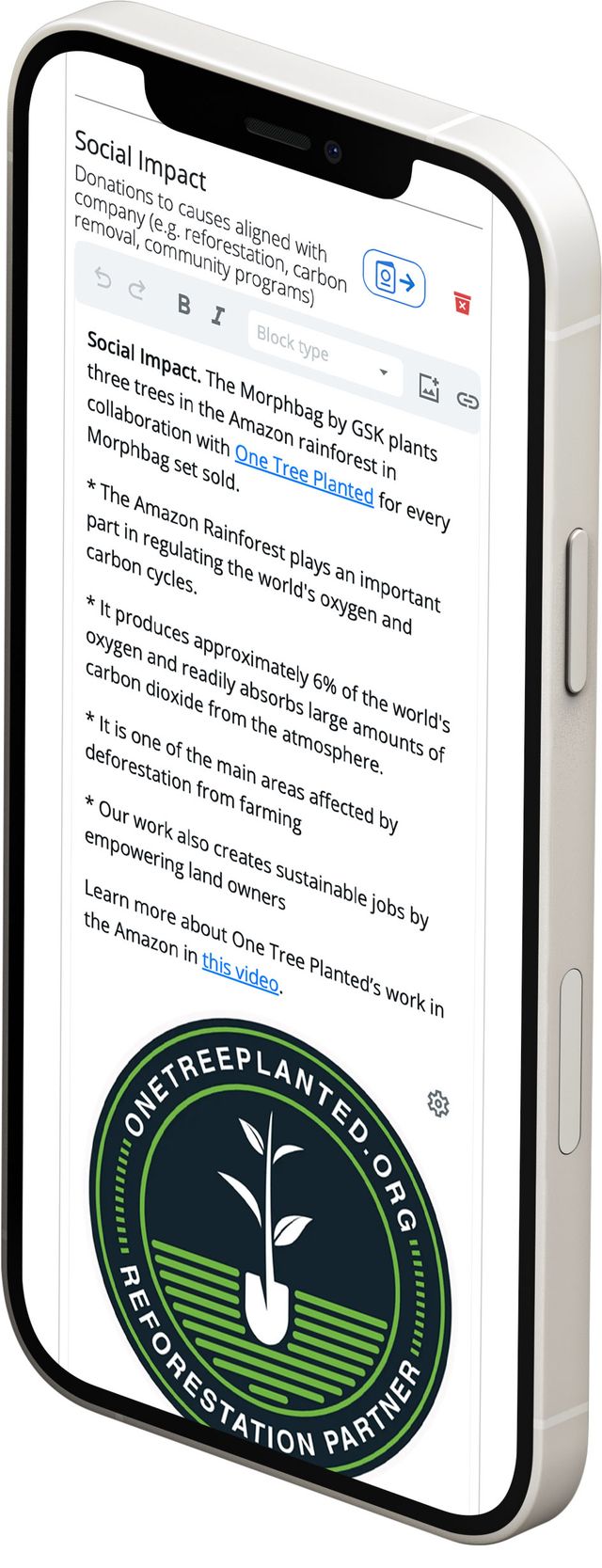
Organising sustainability data with template-based DPP Planner
To produce its Digital Product Passport, The Morphbag first organised its product information using the PicoNext DPP Planner capability, an integrated sustainability data collection tool that uses industry-specific templates to accelerate the process of gathering DPP data from different sources. The DPP Planner capability allowed The Morphbag to input sustainability data and bring it to life with images, formatting, and links to external certificates and audit reports.
Flexibility with off-chain DPP capabilities
Because public ledgers and blockchain reporting were new concepts for The Morphbag, the brand decided to start with an off-chain solution that stores DPP data in a cloud-based database instead. The company used the Minting capability of PicoNext to create Off-chain Tokens and associate sustainability attributes with them using the DPP Data Events capability. The off-chain solution gives The Morphbag flexibility to update sustainability attributes in its DPP as its supply chain strategy evolves, with the option to transition to a blockchain-based solution in the future.
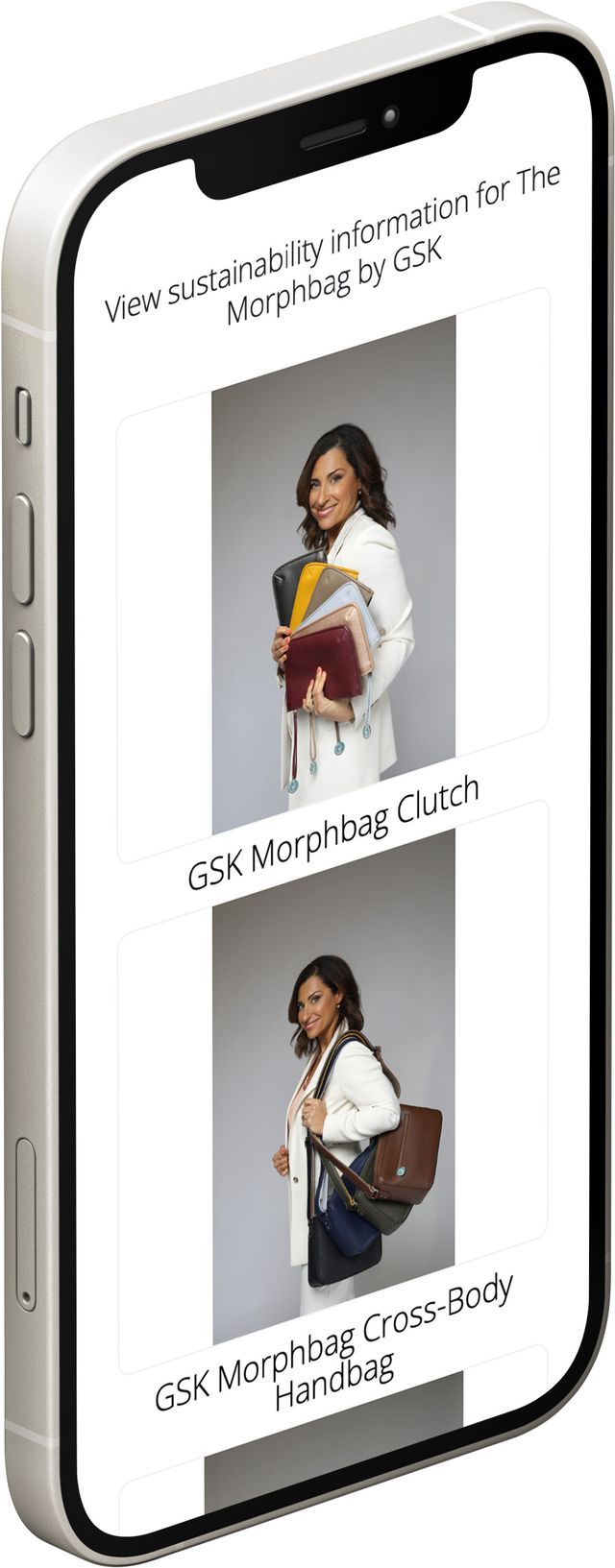
Simple, intuitive customer Digital Product Passport customer access
Once The Morphbag’s sustainability data was collected and saved, the brand was able to provide easy DPP access for its customers using the PicoNext Token Explorer capability. Using a Web link or QR code, customers can view the DPP through a turnkey, pre-formatted page provided by the Token Explorer. They can then view images and media of the handbags, as well as the sustainability attributes in a timeline-based format. Because the DPP is accessed via a Web browser, customers don’t need to download or install any additional apps to view the data.

Modern women must morph through many different roles on a daily basis – including as a mother, wife, and working professional.
The Morphbag pays homage to this reality – and our Digital Product Passport is another way we’re staying ahead of the changing rules and regulations that will help our world be more sustainable and verdant for years to come.
Future flexibility for Digital Product Passports
The Morphbag’s DPP provides simplified access to product-level sustainability information in one location that is easy to view. In the future, The Morphbag is looking forward to adding more sustainability information to its DPP as it pursues its social impact programmes and renews its audits and certifications. Because it started with a DPP enabled by Off-chain Tokens, the company also retains flexibility to transition to a full public ledger-based solution in the future if it chooses.
“Modern women must adapt to many different roles on a daily basis – including as a mother, wife, and working professional,” says Sessi-Knott. “The Morphbag pays homage to this reality – and our Digital Product Passport is another way we’re staying ahead of the changing rules and regulations that will help our world be more sustainable and green for years to come.”
